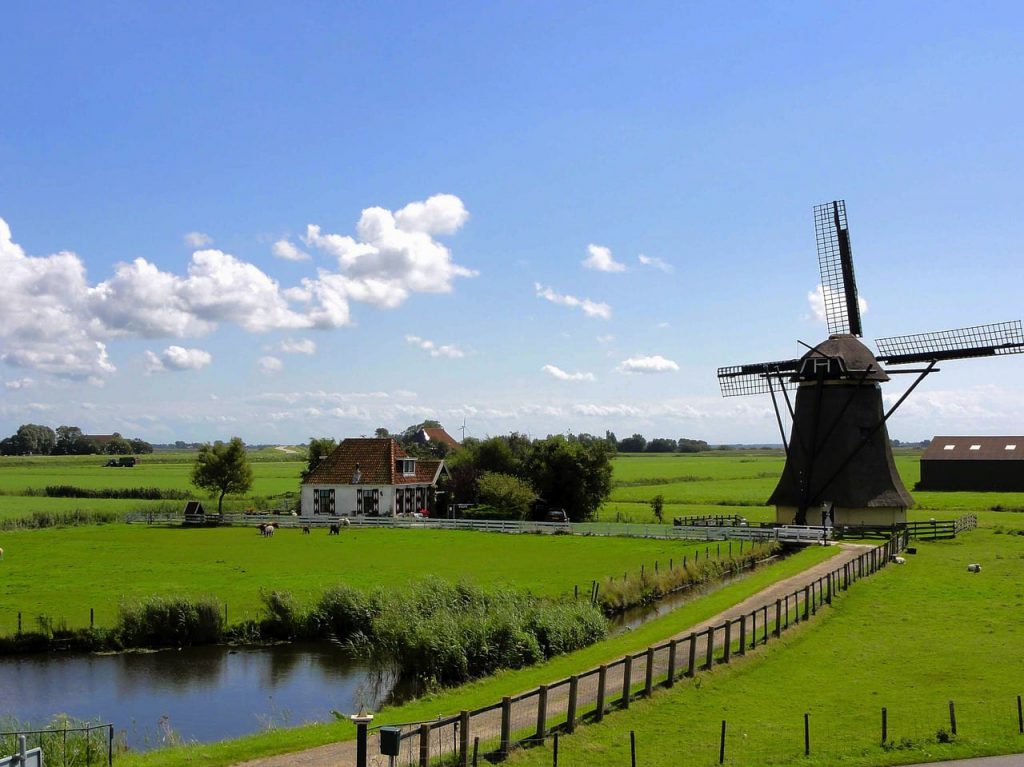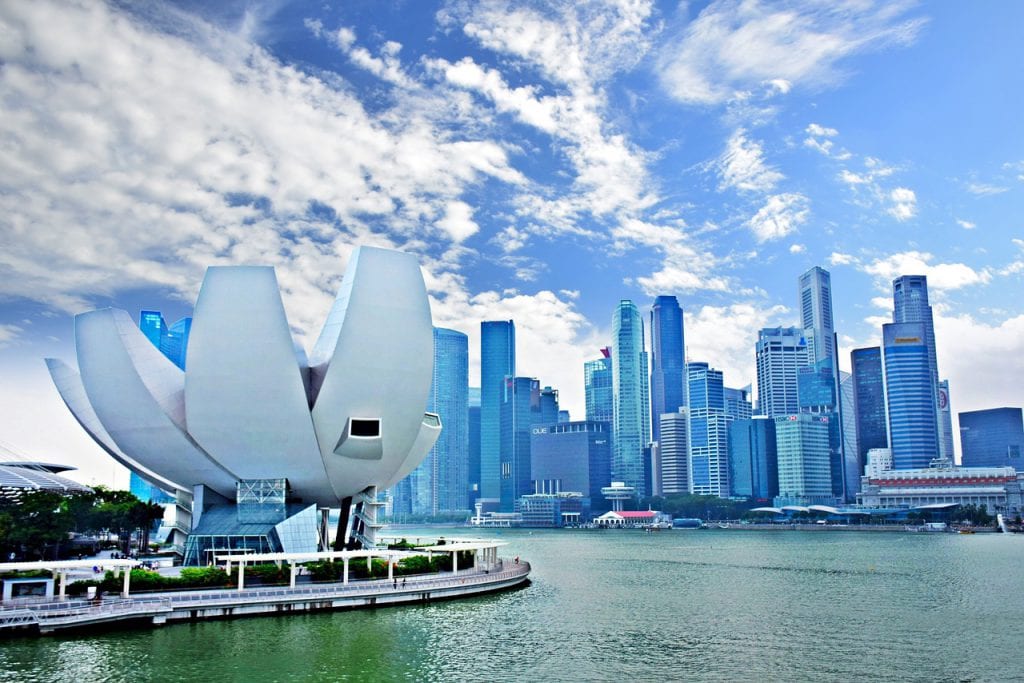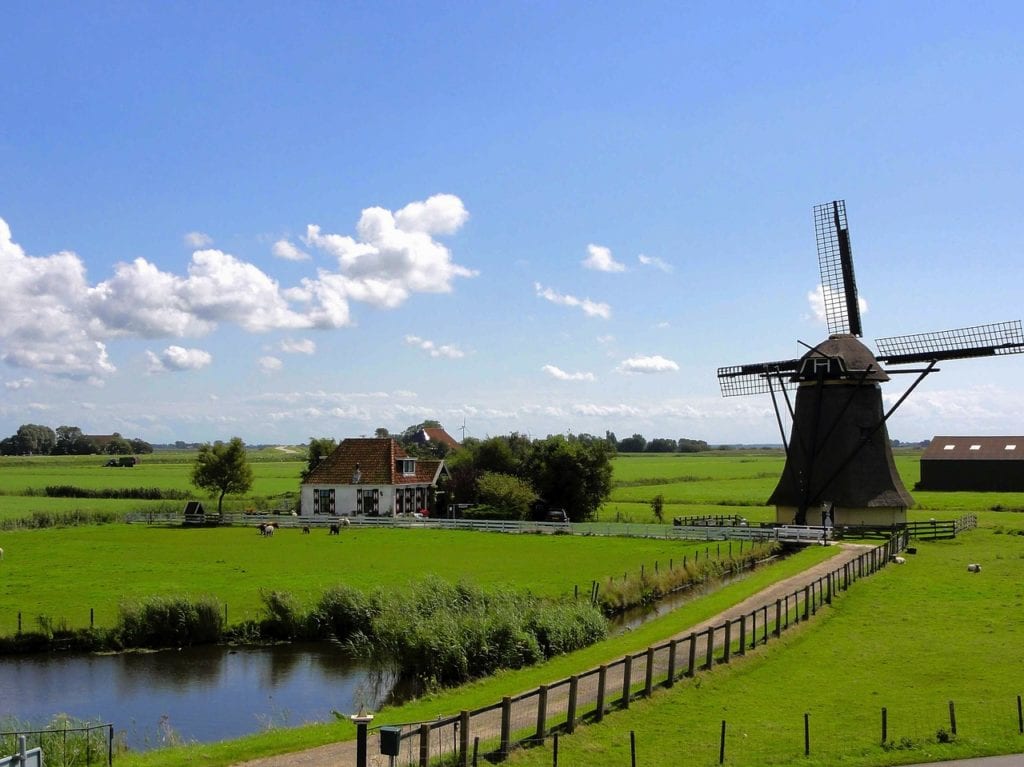
5 Of the World’s Best Countries for Healthcare
Luxembourg takes the top spot for health in the 2016 Global Prosperity Index. Created annually by London-based think tank The Legatum Institute, the survey ranks the most prosperous countries in the world. However, prosperity is not a term used to describe just the financial standing of a country, but covers other categories such as governance, personal freedom and education.
Luxembourg
If you were going to fall ill abroad Luxembourg would be the best place to do it. Not that we wish this upon anybody, but the healthcare system is exemplary, which is why it is ranked in 1st position in the Prosperity Index.
Luxembourg is one of those safe countries where you can drink the tap water, not have to have vaccinations before visiting and there are no nasty endemic diseases to be fearful of. Like a lot of Northern Europe, Luxembourg is a healthy nation, boosted by an incredible level of medical care. Even government-funded healthcare is championed, although most expats and travellers prefer to opt for expat insurance.
 Singapore
Singapore
Hot on Luxembourg’s heels and taking 2nd place is the island city-state of Singapore. Unlike the majority of countries in the world, Singapore’s public and private healthcare sections function cohesively and efficiently. Most people tend to use public facilities for emergency services and private hospitals for primary care.
Public healthcare in Singapore is not free, but heavily subsidised. This enables the country to ensure services are not used unnecessarily. Singapore nationals often also enrol in a private healthcare scheme and this is also recommended for expats and visitors to avoid any high fees incurred.
 Switzerland
Switzerland
If you are a European national, you can gain access to emergency medical treatment in Switzerland by presenting a European Health Insurance Card, also known as EHIC. This can also be used in front runner Luxembourg and will provide treatment free or at a reduced cost. It is worth remembering, however, that it cannot be used for non-emergency treatment or long term medical care.
The country has one of the very best healthcare infrastructures in the world, which is why it took 3rd place in the Prosperity Index. Despite the strength of the public sector, many Swiss nationals typically rely on private medical insurance policies.
 Japan
Japan
The second Asian country to place in the top five for health, in 4th place, is Japan. With the highest life expectancy in the world (83.7 years), Japan are certainly benefitting from a strong healthcare industry.
Expats and visitors to Japan are often concerned about a language barrier if they fall ill. However, as one of the best medical systems in the world, they combat this by having English speaking only medical facilities. However, most hospitals will have an interpreter on hand if needed.
What makes Japan different is that all hospitals and clinics are not run for profit and are headed by medical professionals as opposed to corporations. This means that facilities are run and staffed by those who genuinely want to help and provide the public with a much-needed service.
 Netherlands
Netherlands
Nationals and foreigners both have access to world class facilities and highly qualified medical professionals in the Netherlands. Like Singapore, the distinction between public and private healthcare is blurred. It is generally accepted that long-term care is paid for by the state whilst short-term is down to the individual, usually through comprehensive medical insurance.
Everyone in the Netherlands must have a base-level Dutch health insurance policy. Most people, including expats, tend to supplement this by purchasing extra cover from an international healthcare insurance provider. This is just one of the reasons many people like to move to The Netherlands. We’ve put together a handy guide illustrating the pros and cons of living in The Netherlands so you can see what else the country has to offer.

